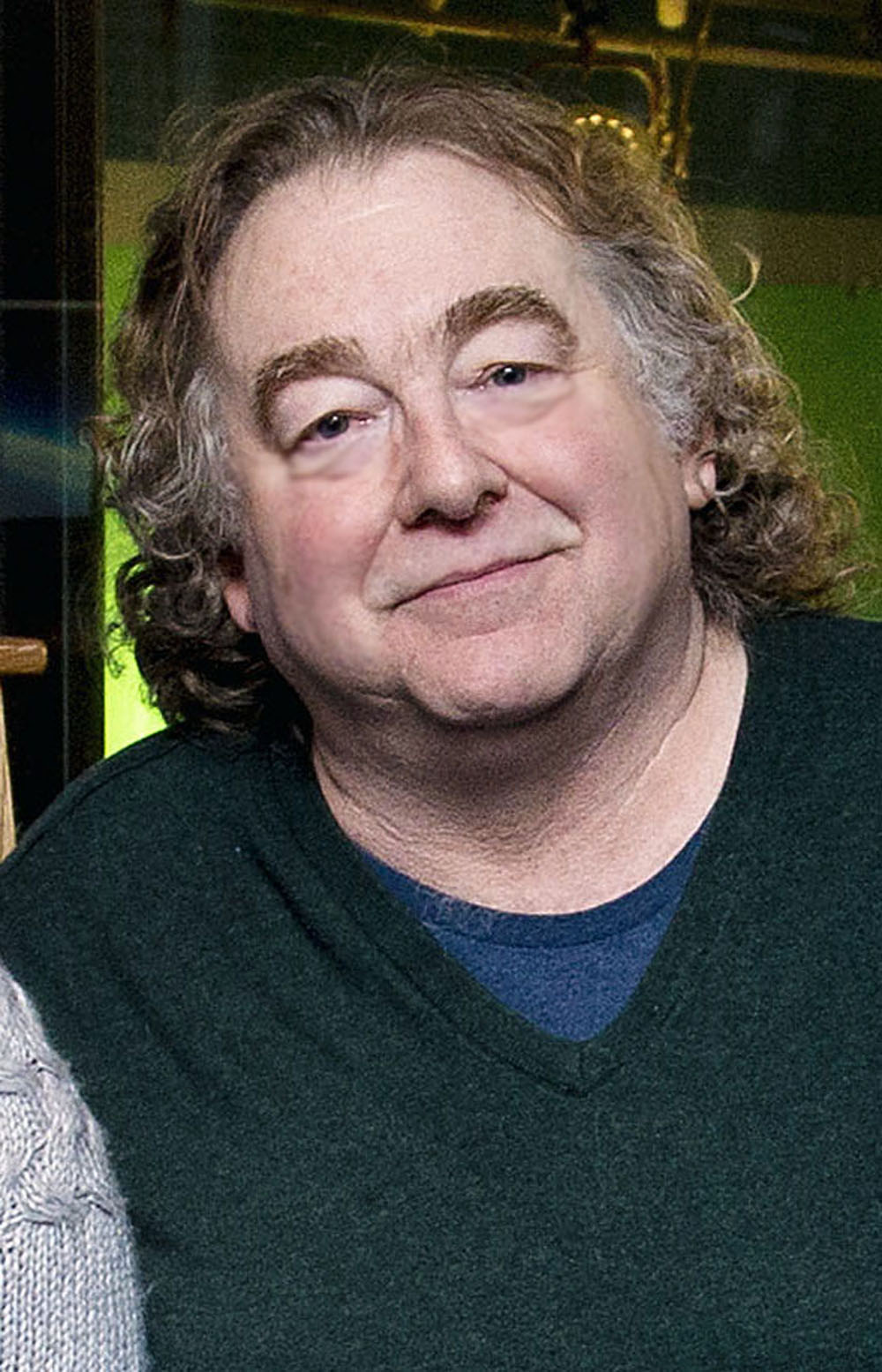
David Culver is an associate teaching professor and general manager of The Paul F. Harron Studios and Drexel University Television’s DNews, a 60-minute monthly news magazine.
Triangle Talks: When did you start working for Drexel University?
David Culver: I came to Drexel University part-time about 10 years ago and full time about eight years ago.
TT: Tell me about DUTV and what you have accomplished here.
DC: When I got here, DUTV had very little student involvement. Students are now much more involved in the television stations. We’re proud to have programs produced solely by students and the Pretentious Film Majors, or “sketchy Dragons.” We’re extremely proud of “Off Campus,” which is student-produced and has won Emmys, and DNews, our monthly news magazine that has also won Emmys and Tellys. Now almost 60 percent of the programs that are on DUTV and DUTV2 are student produced.
TT: When did you get involved in the industry?
DC: I read a book about television broadcasting when I was in seventh grade. Fortunately for me I had a seventh-grade English teacher, Tony Defusto, who worked at a news station part-time. He hosted the morning show for kids on the weekend. He took me to work one day and that was pretty cool. Also, my father was an advertiser at French’s. We lived in Rochester, [N.Y.,] and occasionally as a big treat my father would take me to New York City to the agency. He would drop me off with the production guys at J. Walter Thompson, which was the biggest production agency in New York, and I would spend the morning with them. I would shoot commercials and ride in the crane with them. This was when I was five up until high school. I got to know them really well. I didn’t realize how important they were. They were senior people at J. Walter Thompson, but to me they were Uncle John and Uncle Bill. I would grill them about the business and they just thought it was so phenomenal that somewhere between a five- and 15-year-old had so much interest in it.
TT: Who’s the coolest person you’ve met in the industry?
DC: There’s a couple. I spent half an hour with Jimmy Carter once. He was maybe the smartest man I’ve ever talked to. The funniest man I’ve ever met was Jonathan Winters, a comedian. I shot an interview once with Bill Wyman from the Rolling Stones. I’ve been on Willy Nelson’s bus! And I lived! While I was working at Live 8 in Philadelphia, I was waiting in line for food with a senior engineer at ABC and the guy in front on me turns around and says, “You gotta try the ribs! They’re fantastic!” It was Jack Nicholson. That afternoon, Mick Jagger and Tina Turner were doing a song together. They had to do some complicated things and run through it a couple times. I was standing in front of them and gawking. After the first run, Tina said to me, “You! Did that work?” I said, “Yeah, it worked.” Mick Jagger asked, “It wasn’t too fast?” I said they could wait a bit. They tried it again and Mick Jagger said, “That’s great, we’ll do it that way then.” When you’re in this business you are very likely to work with a lot famous people, politicians, artists, bands, whatever. Very quickly, you get over that as being a novelty. But now that I’m thinking back on all this stuff about all the great people I met, it’s really amazing.
TT: What’s your favorite class to teach?
DC: Live directing. There are other classes I teach that other people could teach here. Live directing is the only class I’m really the most experienced at to be teaching. I’ve directed live newscasts, talks and the Live 8 concert. It’s also the most direct one-on-one teaching that I do. Teaching that class is my guilty pleasure.
TT: What’s the best part of teaching at Drexel University? What’s the hardest part?
DC The best part is being with the students. A lot of people helped me when I was young to get into this business, learn and be successful. I could do this for 30 more years. The hardest part is seeing my students graduate.
TT: What’s your advice to students trying to get into the industry?
DC: First, you have to be sure that this is the only thing you want to do because to be successful [in this industry] requires 130 percent commitment. Early on, it can be very abusive to you, and that’s only a sustainable proposition if it’s truly what you love and it’s the only thing you can do. As time goes on, it gets better and easier. That sense of “this is what I was meant to do and want to do” sustains you through the most difficult parts of it.
TT: What are your hobbies?
DC: I used to be a pilot and own planes before coming to Drexel University. I’m also a musician. I play the guitar, keyboard, base, saxophone, clarinet, drums, mandolin and pedal steel guitar.
TT: What’s the scariest thing you’ve done?
DC: Landing a Piper Seneca with one engine out.
TT: If you could have dinner with anyone, dead or alive, who would it be?
DC: Jesus. I want to get to the bottom of this whole Christianity thing.
TT: A genie grants you three wishes — what are they?
DC: One: world peace. Two: extravagant amounts of money. Three: for all of my dead dogs to come back to life.
TT: Anything else you’d like students to know?
DC: We’re always interested in getting students involved at the TV station, especially DNews. You don’t have to be a television or film production person to write stories and be on the air. There are opportunities for people from all over Drexel University to get involved.


